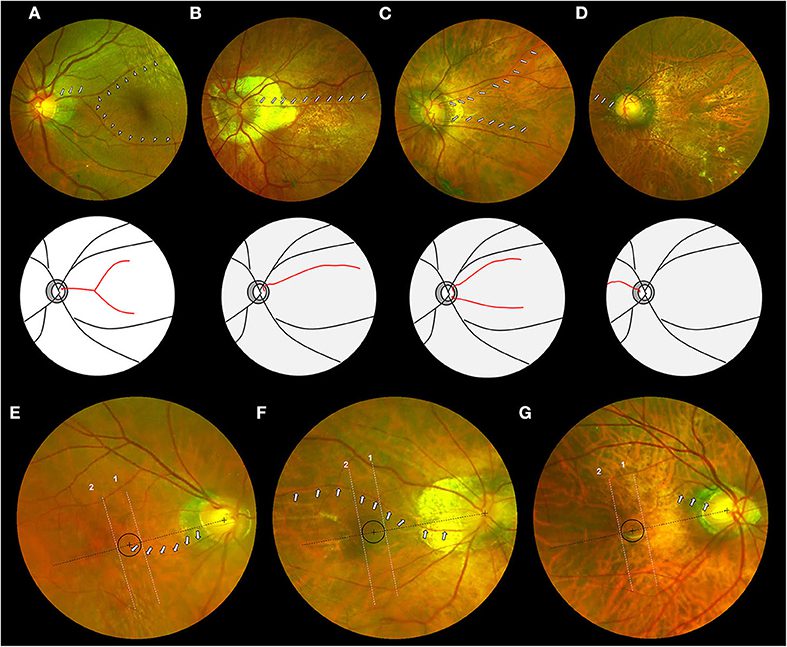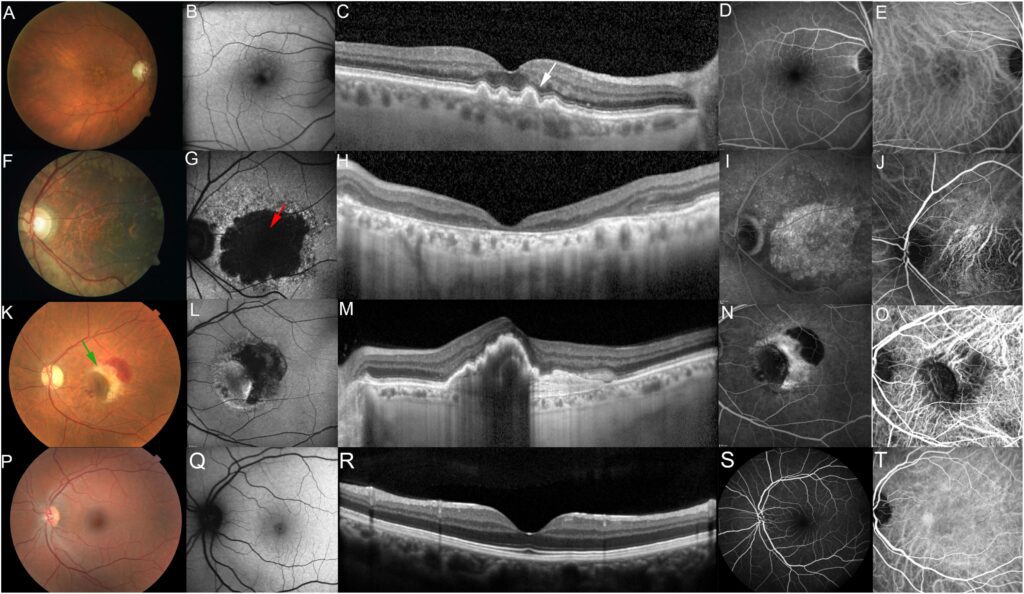Macular degeneration, often abbreviated as MD, is a progressive eye condition that affects the central part of the retina, known as the macula. This condition leads to a gradual loss of central vision, which is crucial for activities like reading, driving, and recognizing faces. While it does not cause complete blindness, the impact on daily life can be significant. In this article, we will explore the overview, types, causes, and treatments of macular degeneration in detail.

Overview of Macular Degeneration
The macula is a small but vital part of the retina located at the back of the eye. It is responsible for sharp, detailed central vision. When the macula deteriorates, it becomes difficult to see fine details, whether you are looking at something close or far away. Macular degeneration typically occurs in older adults, which is why it is sometimes referred to as age-related macular degeneration. However, there are other forms of the condition that can affect younger individuals.
Macular degeneration progresses at different rates for different people. Some may experience mild vision changes over many years, while others may notice rapid deterioration. Early detection and management are key to slowing the progression of the disease and preserving vision for as long as possible.
Types of Macular Degeneration
There are two primary types of macular degeneration: dry and wet. Each type has distinct characteristics and requires different approaches to treatment and management.
Dry Macular Degeneration
Dry macular degeneration is the most common form of the condition, accounting for approximately 85 to 90 percent of cases. It occurs when the light-sensitive cells in the macula gradually break down. Over time, this leads to blurred or distorted central vision. One of the hallmark signs of dry macular degeneration is the presence of small yellow deposits called drusen, which accumulate under the retina.
Although dry macular degeneration tends to progress more slowly than its wet counterpart, it can still lead to significant vision loss if left untreated. Currently, there is no cure for dry macular degeneration, but certain lifestyle changes and supplements may help slow its progression.
Wet Macular Degeneration
Wet macular degeneration is less common but more severe. It occurs when abnormal blood vessels grow beneath the retina and leak blood or fluid into the macula. This leakage causes rapid and severe damage to the macula, leading to a sudden loss of central vision. Wet macular degeneration can develop from the dry form, making regular eye exams crucial for early detection.
While wet macular degeneration is more aggressive, there are treatment options available to manage the condition and prevent further vision loss. These treatments often involve medications or procedures to stop the growth of abnormal blood vessels.
Causes of Macular Degeneration
The exact cause of macular degeneration is not fully understood, but several factors are believed to contribute to its development. These include genetic predisposition, environmental influences, and lifestyle choices.
Genetic Factors
Family history plays a significant role in the risk of developing macular degeneration. If a close relative, such as a parent or sibling, has the condition, your chances of developing it increase. Researchers have identified specific genes that are associated with a higher risk of macular degeneration. Understanding your family history can help you take preventive measures and seek early treatment if necessary.
Age
As mentioned earlier, macular degeneration is most commonly associated with aging. The risk of developing the condition increases significantly after the age of 50. This is because the macula naturally undergoes wear and tear over time, making it more susceptible to damage.
Lifestyle Factors
Certain lifestyle choices can increase the risk of macular degeneration. Smoking, for example, is one of the most significant modifiable risk factors. Studies have shown that smokers are up to four times more likely to develop macular degeneration than non-smokers. Other factors include poor diet, lack of exercise, and excessive exposure to sunlight.
Medical Conditions
Some medical conditions, such as high blood pressure and cardiovascular disease, are also linked to an increased risk of macular degeneration. These conditions can affect blood flow to the eyes, contributing to the deterioration of the macula. Managing these health issues through medication and lifestyle changes can help reduce the risk of developing macular degeneration.
Treatments for Macular Degeneration
While there is currently no cure for macular degeneration, several treatment options are available to manage the condition and slow its progression. The choice of treatment depends on the type and severity of the condition.
Treatment for Dry Macular Degeneration
For dry macular degeneration, treatment focuses on slowing the progression of the disease and preserving existing vision. Some of the most effective strategies include:
- Dietary Supplements: A combination of vitamins and minerals, often referred to as the AREDS2 formula, has been shown to reduce the risk of advanced macular degeneration. This formula includes vitamin C, vitamin E, zinc, copper, lutein, and zeaxanthin.
- Healthy Lifestyle Choices: Eating a diet rich in leafy greens, fish, and fruits can support eye health. Regular exercise and avoiding smoking are also important preventive measures.
- Regular Eye Exams: Monitoring the condition through regular eye exams allows for early detection of any changes, enabling timely intervention.
Treatment for Wet Macular Degeneration
Wet macular degeneration requires more aggressive treatment to address the abnormal blood vessels and prevent further vision loss. Common treatment options include:
- Anti-VEGF Injections: These injections target a protein called vascular endothelial growth factor, which promotes the growth of abnormal blood vessels. By blocking this protein, anti-VEGF treatments can slow or stop the progression of wet macular degeneration.
- Laser Therapy: Laser treatment can be used to destroy abnormal blood vessels and seal leaking areas. However, this approach is less commonly used today due to the risk of damaging surrounding healthy tissue.
- Photodynamic Therapy: This treatment involves injecting a light-sensitive drug into the bloodstream, which is then activated by a laser to destroy abnormal blood vessels.
Emerging Treatments
Researchers are continually exploring new treatments for macular degeneration. Some promising areas of research include gene therapy, stem cell therapy, and implantable devices designed to restore vision. While these treatments are still in the experimental stages, they offer hope for more effective management of the condition in the future.
Preventive Measures
While not all cases of macular degeneration can be prevented, certain steps can reduce the risk of developing the condition or slow its progression. These include:
- Eating a balanced diet rich in antioxidants, omega-3 fatty acids, and nutrients that support eye health.
- Protecting your eyes from harmful ultraviolet light by wearing sunglasses and hats outdoors.
- Maintaining a healthy weight and managing conditions like high blood pressure and diabetes.
- Quitting smoking and avoiding secondhand smoke.
By adopting these preventive measures, individuals can take proactive steps to protect their vision and reduce the risk of macular degeneration.





